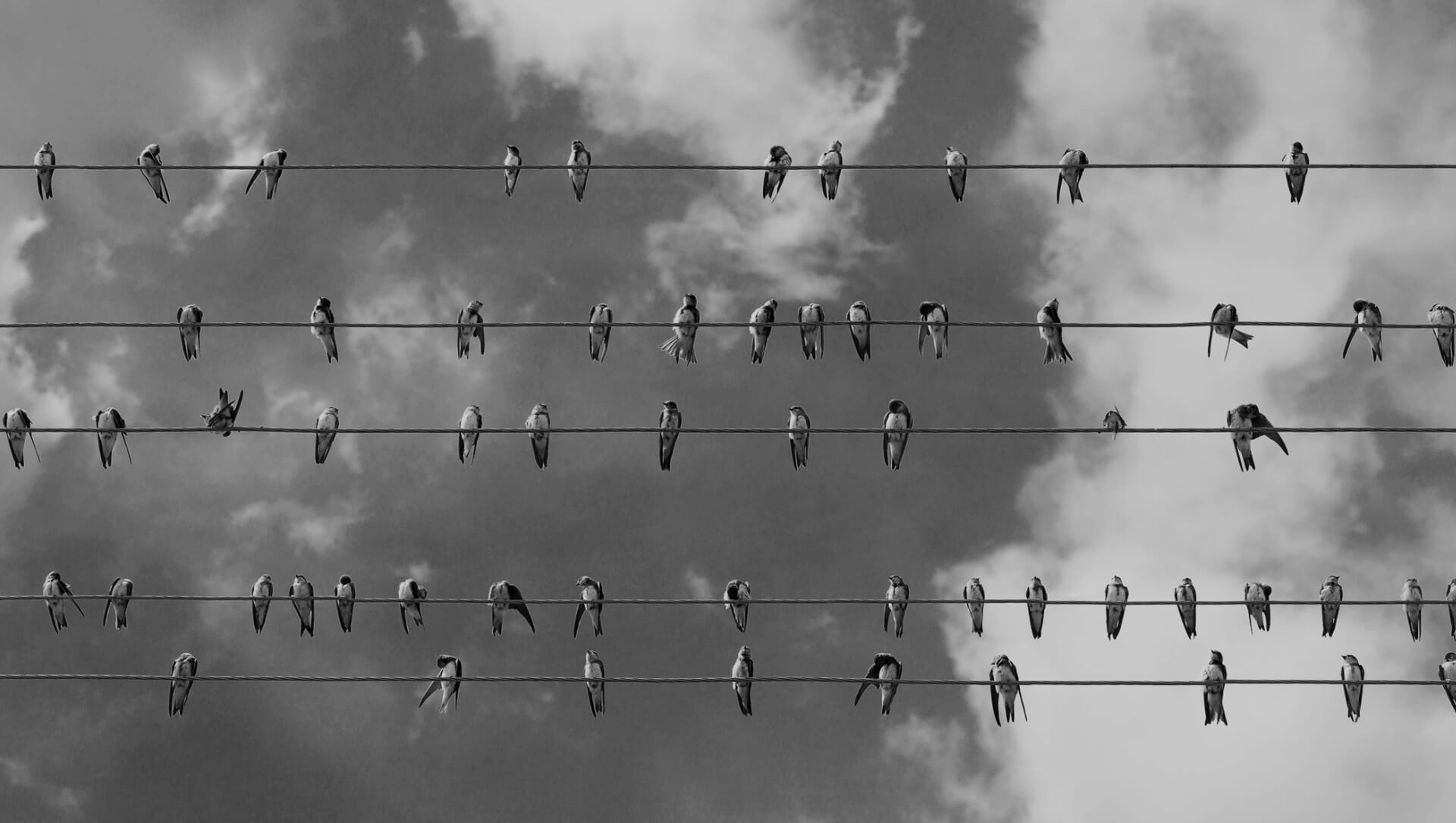ANALYSIS OF THE STATE OF THE “OFFENDED”
Analysing the state of the “offended” individual, we put ourselves in his place and move along the matrix, while living through his experience, to come to the following decisions:
1. The scale of two Origins “spiritual — material”: we, in our state as an offended person, suffer more in soul than in body. Even if the formal reason for our reaction was something material, the true cause lies in the spiritual sphere, in the same sphere as its solution. Therefore, this problem cannot be solved by material means — by physical activity or taking rest, improving the quality of life, spending time and enjoying life together and the like.
2. The scale of the three leading Powers “Genus — Nature — Folk”, or the three planes of reality “higher — inner — outer”: we must make a choice between the higher and inner planes, or between the leading powers of Genus and Nature. It is important to determine the plane of reality in which the problem of the “offended” originates:
- The higher plane is the sphere of Genus (the highest attribute that unites different people into one category) and the higher human activity;
- The inner plane is the sphere of Nature (a set of qualities and traits of an individual's inner plane) and man’s desires and self-perceptions;
- The outer plane is the sphere of Folk (society with its trends and generally accepted forms) and the social life of an individual, or his actions in society.
The outer plane with its leading power of Folk is completely enclosed in the material span of life, therefore, we do not consider it as a possible root cause of the problem. This is true even if an individual, as a representative of his Folk, feels resentment towards another Folk as a whole. Of the two remaining planes — the higher and the inner ones — we choose the higher one, because in a state of resentment, it is not only our inner self-perception that suffers, but also the higher levels of our life: we constantly think about the “offender” and how unfairly he treated us. It means this problem requires an appeal to eternal values and meanings, not to the inner state of an individual that exists in the present moment only. In other words, although we feel that in this state, our inner plane draws us into itself in order to lock us in and give us a bittersweet experience of resentment, in fact, in this state, we are precisely “out of our mind” — that is, not in the higher plane of existence, where true human dignity resides.
3. The scale of the four Centres of personality “mind — selfhood — body — property” gives us a choice between two of them — mind and selfhood, having a connection with the higher plane of our existence, selected in the previous step. We establish that although resentment is experienced at the level of selfhood, it is primarily our mind that suffers from this, attacked by thoughts about how “unfair our offender has treated us.” This means that the solution should also be looked for at the level of the mind (in this case, the mind is considered as the highest centre of the personality, which is perceived by an individual in his body in the area between the crown of the head and the throat), and not the selfhood (the centre of the personality, located from chest to waist). That is, we should not be guided by the reaction of the self “I want — I do not want”, “I like — I dislike”. We need to focus on the mind and make a reasonable decision based on eternal principles.
4. The scale of six Values: the above means that on this scale, from two likely values — “sense” and “duty” — we choose the value “sense”, as the one based on the eternal truth. The value of “duty” in this case is not suitable, as it can cause a dispute about fairness — whose duty is that and towards whom. Even if the offence is triggered by a matter of duty, its cause and solution lies above this value — in the value of “sense”.
5. The scale of twelve Functions: on this step we refine our diagnosis as much as possible, choosing between two functions that form the value “sense”. The problem of resentment is more related to the function of “perceiving” the reality of what is happening, rather than “understanding” the principles, since the latter is too high, and can lead us away from the problem under consideration. It was at the level of “perception” that we were captured by a thought-image that solidifies our conviction in our own rightness and in the wrongness of the “offender”. This is the true cause of our resentment, and here also lies its solution.
So, thanks to the analysis with the help of the LiveDevice matrix, we have come to the “perception” function. By performing it more purely, we will solve the problem we are studying.
Children often hear from their parents: “Look at yourself, how badly you behave!” This is exactly the same solution we arrived at as a result of our analysis: an individual needs to look at himself and clearly see what is really happening whenever he takes offence, regardless of what has triggered it.
Considering the connection of this problem with the spiritual domain, we understand that by taking offence our soul, as a spiritual entity that resides inside the body, is attacked by something of the same spiritual plane — a subtle entity that captures our consciousness by the imposed image of another person as a “cruel and rude offender, injuring and insulting innocent us.” It is precisely because of such a “perception” of reality, distorted by a dark entity, a person decides to take offence — to fall into a state of misery and fill with it everything around him, doing evil to himself, to the one he considers the offender, and to everyone who happened to be next to them.

What types of relationships can exist in general? How to build a long-term relationship? Does the trend to break off relations testify development or degradation of society?
